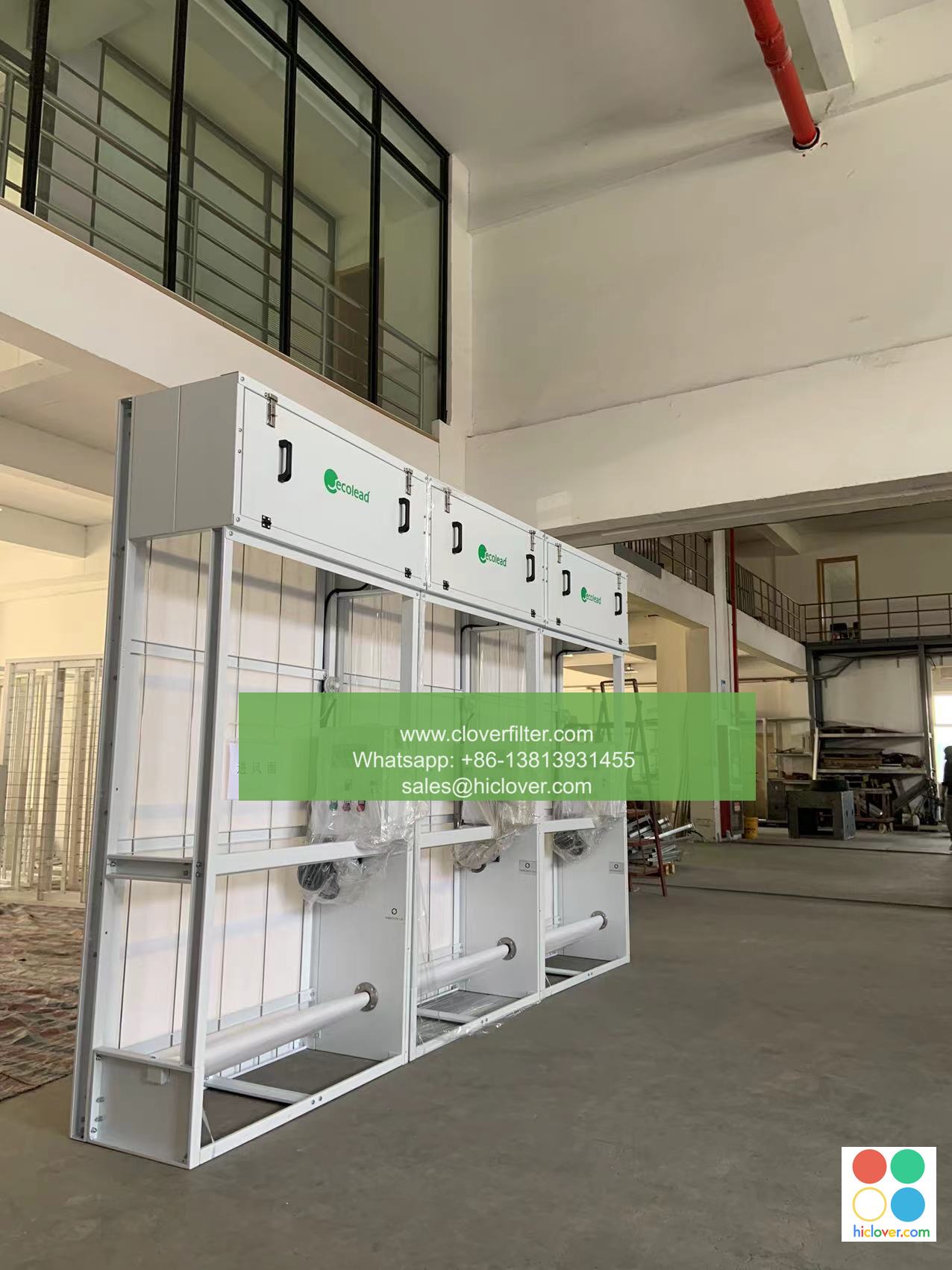Fiberglass vs. Polyester: Which Air Filter is Right for You?

Fiberglass vs. Polyester: Which Air Filter is Right for You?
When it comes to choosing the right air filter for your home or office, there are a plethora of options available in the market. Two popular types of air filters that are often considered for their effectiveness and durability are fiberglass and polyester. In this article, we’ll delve into the world of air filters and explore the differences between fiberglass and polyester filters, highlighting their strengths, weaknesses, and suitable application areas.
What is Fiberglass?
Fiberglass filters are made from a specific type of synthetic fiber that is extremely thin and has a high surface area-to-weight ratio. This allows for efficient air flow while trapping particles as small as 1.0 microns. Fiberglass filters are often less expensive and more widely available than their polyester counterparts, making them a popular choice for many homeowners.
Pros and Cons of Fiberglass Filters
- Pros:
- Inexpensive
- Widespread availability
- Good for general home use
- Cons:
- Not as effective against small particles ( capacitor discharge lamps)
- Can be prone to damage from moisture
- Not suitable for sensitive electronics or high-traffic areas
- Pros:
- Exceptionally effective against small particles
- Well-suited for high-traffic areas or sensitive electronics
- Can be washed and reused
- Cons:
- More expensive than fiberglass
- Less widely available
- May be more prone to damage from moisture
- For general home use or basic air purification: Fiberglass filters are a suitable choice.
- For high-traffic areas, sensitive electronics, or areas with heavy allergies: Polyester filters are a better option.
- For commercial or industrial settings: Both fiberglass and polyester filters have their uses, depending on the specific requirements of the application.
- If you’re on a budget and only need basic air purification, a fiberglass filter might be the way to go.
- If you suffer from allergies or have sensitive electronics, a polyester filter is likely the better choice.
- If you’re unsure, consult with a professional to determine the best course of action for your specific situation.
- Generate text: I can generate text on a topic or subject of your choice.
- Have a conversation: We can have a natural language conversation, where I respond to your questions and statements.
- Play a game: We can play a text-based game, such as 20 Questions, Would You Rather, or Hangman.
- Create content: I can help you brainstorm ideas or provide suggestions for creating content, such as writing prompts or social media posts.
- Provide information: If you have a specific question or topic you’d like to learn more about, I can try to provide some information or answers.
What is Polyester?
Polyester filters, on the other hand, are made from a synthetic material that is designed to be more effective at capturing smaller particles. Polyester filters have a thinner pleat structure, which increases the surface area of the filter and allows it to capture particles as small as 0.3 microns. This makes them an excellent choice for areas with high dust, pet dander, or allergy sufferers.
Pros and Cons of Polyester Filters
Application Areas for Fiberglass and Polyester Filters
When deciding between a fiberglass and polyester filter, it’s essential to consider the specific application area. Here are some general guidelines to keep in mind:
Conclusion
In conclusion, both fiberglass and polyester filters have their strengths and weaknesses. When choosing the right air filter for your specific needs, it’s crucial to consider the application area, particle size, and desired level of filtration. By understanding the pros and cons of each type, you’ll be better equipped to make an informed decision and enjoy cleaner, healthier indoor air.
Recommendations:
In the end, it’s essential to weigh the pros and cons of each type of filter and consider the unique requirements of your application area. By doing so, you’ll be able to make an informed decision and enjoy the many benefits that a high-quality air filter has to offer.
I’m here to help with a prompt. What would you like to do?
Here are some options to get us started:
Which one of these options sounds interesting to you? Or do you have something else in mind?


